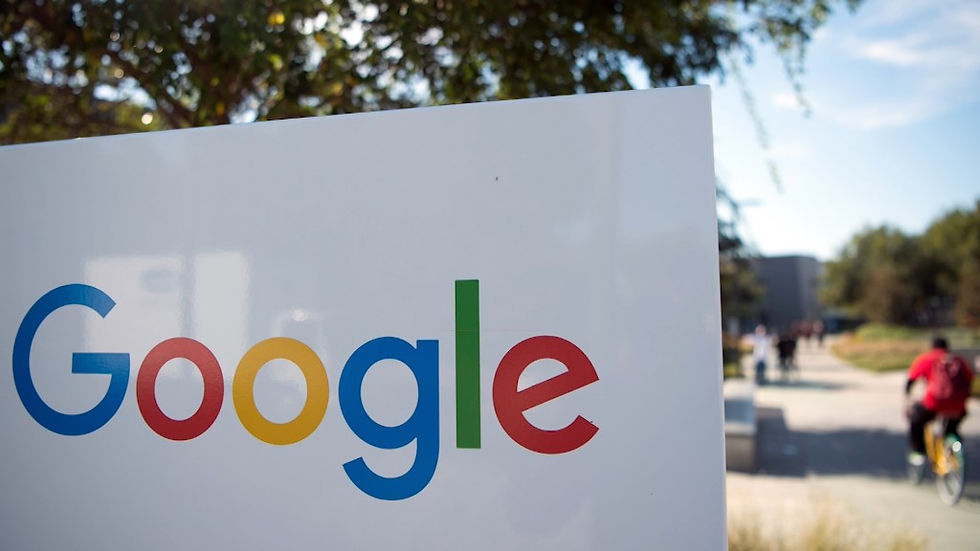Amicus Brief in Support of Rehearing in Epic v. Google Antitrust Appeal
- Ashley Baker

- Aug 27, 2025
- 2 min read
Updated: Aug 31, 2025

The following is the statement of Committee for Justice Executive Director Ashley Baker:
"The Committee for Justice filed an amicus brief to the Ninth Circuit in support of rehearing en banc in Epic Games v. Google. CFJ’s brief stresses that the Ninth Circuit panel opinion represents a fundamental break from both Supreme Court precedent and long-settled antitrust law and policy. This follows our amicus brief filed earlier this month urging the Ninth Circuit to stay the district court’s injunction.
First, the brief argues that the panel circumvents traditional rule of reason analysis. Under Supreme Court precedent, once a defendant shows a pro-competitive rationale, the burden shifts back to the plaintiff to prove that the same benefits could be achieved through less restrictive means. The Ninth Circuit, however, has allowed plaintiffs to avoid this burden by adopting a balancing of the equities test that assumes anticompetitive harm. That approach, according to our brief, transforms an objective test into a vehicle for judges to impose their subjective policy preferences.
Second, the district court injunction compels Google to share its Play Store, its app catalog, and even rival stores within its own platform. CFJ contends this directly conflicts with a Verizon Communications Inc. v. Law Offices of Curtis V. Trinko, and other cases holding that, absent extraordinary circumstances, firms have no duty to deal with competitors. By requiring judicial oversight of how Google structures its dealings, the opinion enlists courts as central planners—a role the Supreme Court has warned against.
Finally, the brief emphasizes that antitrust law protects competition, not competitors. By mandating that successful firms share their infrastructure with rivals, the decision undermines incentives to innovate and invest. CFJ stresses that this principle is central to the Sherman Act, as recognized in cases from Brunswick to Trinko. It also invokes policy concerns: weakening incentives to innovate risks chilling American technological advancement at a time when innovation, especially in A.I. and cybersecurity, is critical for both consumer welfare and national security. The Trump Administration’s July 2025 AI Action Plan is cited to underscore the dangers of legal doctrines that dull competitive incentives.The Committee for Justice concludes that the panel opinion misconstrues antitrust doctrine, improperly imposes duties to deal, and undermines the very policies the Sherman Act was designed to advance. For these reasons, it urges the Ninth Circuit to grant rehearing en banc.
The Committee for Justice, founded in 2002, is a nonprofit that advances the rule of law and constitutionally limited government through advocacy on legal and policy issues. Additionally, our Alliance on Antitrust coalition underscores that the consumer welfare standard must remain the bedrock of U.S. antitrust law. This standard—objective and party-neutral—has for decades provided the clear, predictable framework necessary to ensure antitrust enforcement serves consumers rather than particular competitors."
Media Inquiries: Ashley Baker; abaker@committeeforjustice.org




